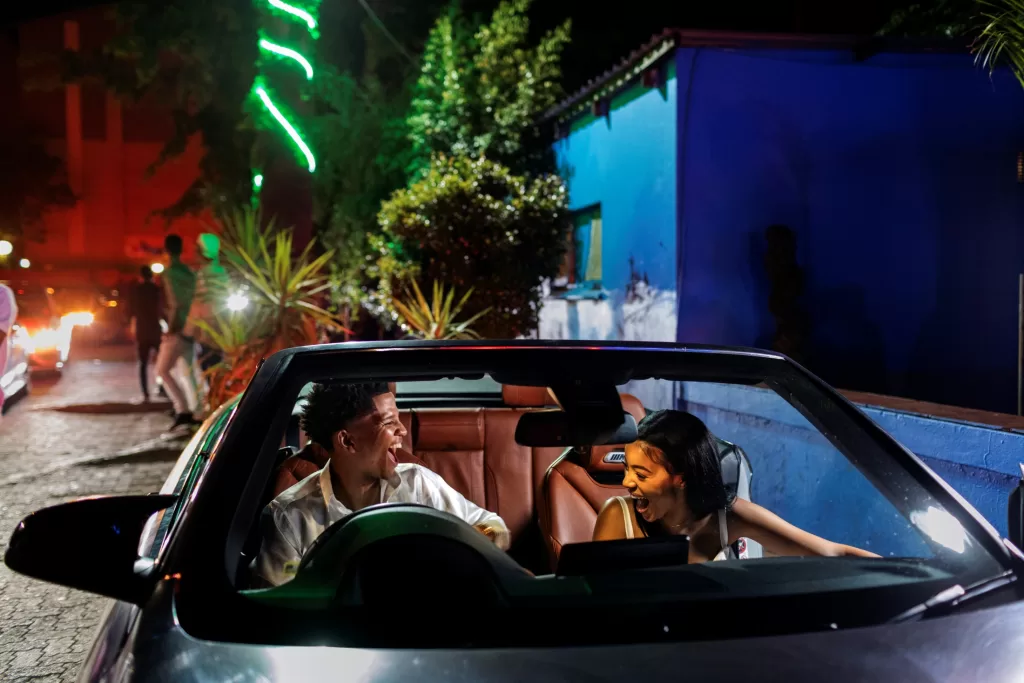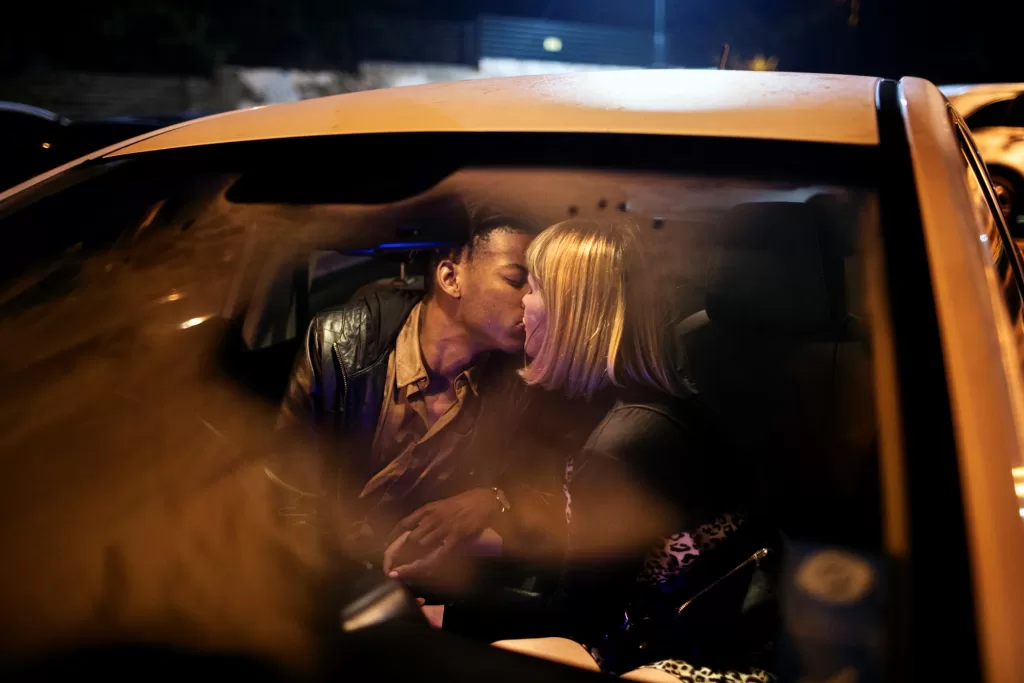A new exhibition at the Apartheid Museum takes the viewer on
a visual journey narrated by post-apartheid youth
A partnership between Ilvy Njiokiktjien, the Apartheid Museum, and the Nelson Mandela Foundation
Johannesburg, 10 September 2024 – In recognition of three decades of South Africa’s democracy, the Apartheid Museum is partnering with the Nelson Mandela Foundation to present Born Free: Generation of Hope, a photographic exhibition by Dutch photographer Ilvy Njiokiktjien, in which she explores the lives of South Africa’s first generation born after apartheid.

The exhibition will run from 14 September 2024 to 31 March 2025, and is curated by celebrated South African photographer Neo Ntsoma and Azu Nwagbogu, founder of the LagosPhoto Festival and the African Artists’ Foundation.
Born Free: Generation of Hope is a visual and narrative exploration of South Africa’s journey over the past three decades through the eyes of those born after the end of apartheid in 1994 – the first generation to grow up in a democratic South Africa, free from institutionalised racial segregation and discrimination. They were meant to be the face of a “rainbow nation” where everyone has equal opportunities.
Despite the initial optimism, many still struggle with the socio-economic disparities that continue to shape South African society. However, this generation is also marked by cultural and social shifts. Born frees are more interconnected, often forming relationships across racial lines – something previously unimaginable. They are increasingly vocal and active in addressing social issues, pushing for further transformation and justice.
Ilvy Njiokiktjien has meticulously documented the lives of this generation since 2007. “I photographed intimate, funny moments and important steps in their lives. The born frees also let me in on the harsh realities of not being able to find a job and on feelings of not belonging. The focus was on their daily lives though, on being at home with parents, on falling in love for the first time and hanging out with friends. Throughout the years the project became a collaboration with the born frees. They showed me the way, connected me to their friends and guided me through this process. I cannot thank them enough and this exhibition is an ode to them,” says Njiokiktjien.
The exhibition includes a powerful documentary which opens a dialogue about the born free generation’s journey.
Neo Ntsoma brings a deeply personal perspective to the exhibition. “Curating Born Free has been an exercise in self-reflection,” says Ntsoma. “From conceptualising the themes of the exhibition to selecting the final images, every step has required careful consideration and attention to detail. I learned to trust my instincts and balance my personal taste with the need to create a cohesive narrative.”
“Through her lens, Njiokiktjien charts a visual narrative that captures the successes and failures of this new nation,” says Ntsoma. “As someone who lived through the final years of apartheid and witnessed the birth of our democracy, it forced me to confront the complexities of our past and present. It’s not just about how far we’ve come, but also about how much further we have to go. Every photograph tells a story – of struggle, of resilience, of hope – and it is these stories that will hopefully spark a national conversation about our shared humanity and the dreams we hold for South Africa’s born free generation.”
Azu Nwagbogu brings a broader African context to the exhibition. “The history of modern nations in the twentieth century is often told through the lens of a single influential figure,” saysNwagbogu. “Yet South Africa stands out as a unique case. As one of the youngest democracies on earth, its history is shaped through the collective eyes of its people, guided by a progressive constitution that was constructed with an awareness of history and led by a world-revered figure, Nelson Mandela, whose vision and leadership steered the nation through its most challenging times.”
Njiokiktjien’s images capture fleeting moments in real time, constructing a visual history of a nation in transition, adds Nwagbogu. “Her strict adherence to photo-documentary ethics allows her to tell an authentic story of a nation imbued with agency, diversity, and resilience. Each photograph offers a glimpse into the lives of ordinary South Africans, highlighting their struggles and triumphs in a rapidly changing society. Through Njiokiktjien’s powerful imagery, we are reminded that there is no destination for utopia, but that true democracy is a process, and that the history of South Africa is not just the story of one man, but the collective story of a nation striving towards a better future.”

The Born Free: Generation of Hope exhibition at the Apartheid Museum is a must-see for anyone interested in understanding the complex interplay of history, culture, and youth identity in South Africa today. It invites visitors to engage deeply with the stories presented and to reflect on the broader implications for South Africa’s future.


























